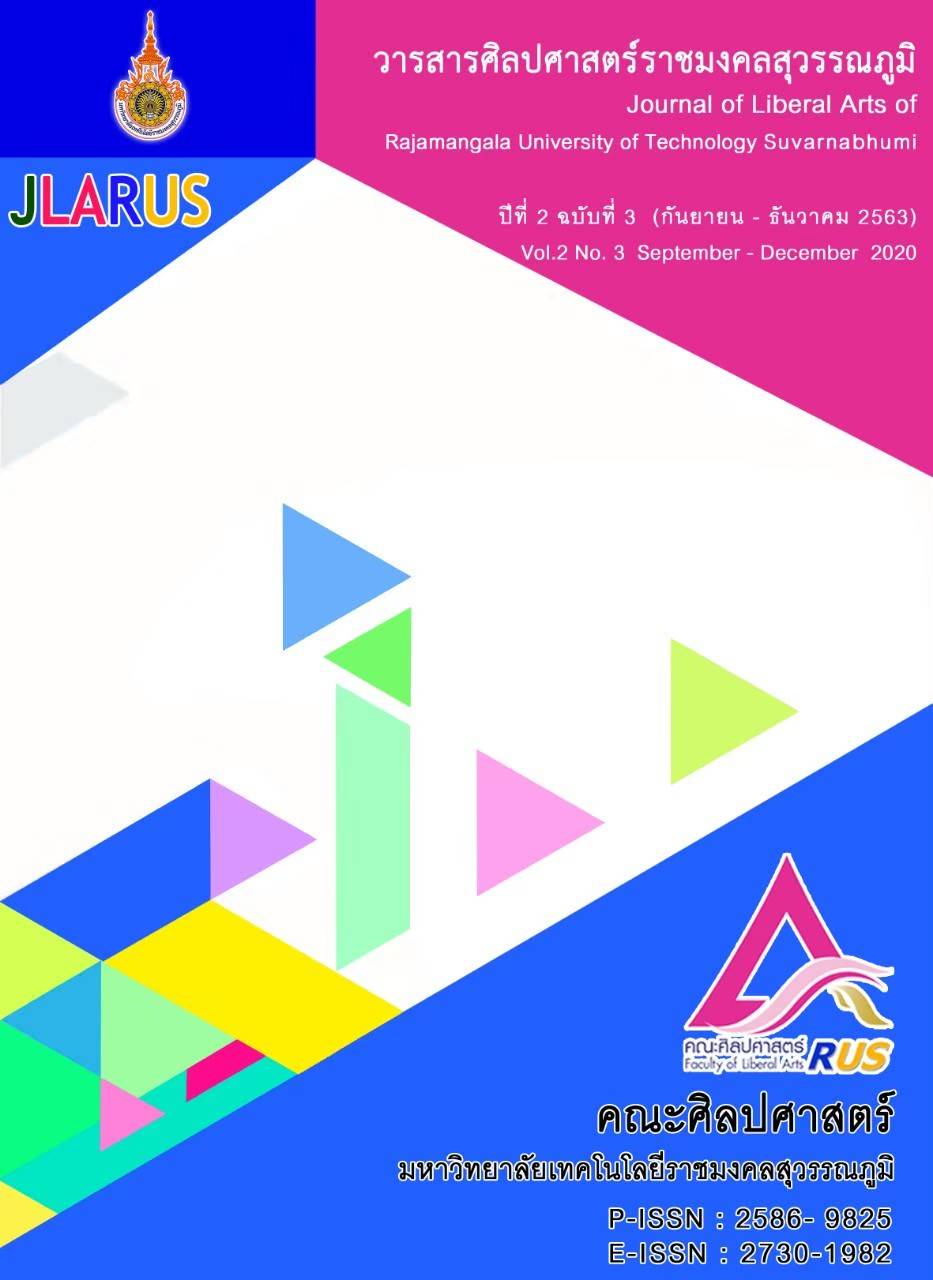RESEARCH BASED ON THE PRINCIPLES OF CREATING HAPPINESS AND CHANGES IN LEANING PROCESS
Main Article Content
Abstract
Participatory Action Research: PAR is a research that combines participatory research. with action research as well as qualitative research together to acquire new knowledge to solving problems in the community, the community research team and villagers take part in research at every stage by the principle of creating happiness from thinking, making decisions, participating in the investigation and benefiting together with the learning process of the community by people centered development and problem-learning process is therefore not strange that many people understand that why does the knowledge gained from PAR research seem to be infinite? because research models like this generate infinite knowledge and lead to relationships in the field. More importantly, the researchers also embraced the aesthetic or principle of creating happiness from the spiral that results from changes in leaning process
Article Details
References
ปริณุต ไชยนิชย์. (2563). การปรับเปลี่ยนมโนทัศน์ของคนพิการผู้ประสบวิกฤตด้วยการเสริมพลังอำนาจตนเองกรณีศึกษา สื่อหนังสืออิเล็กทรอนิกส์ “จิตสดใสแม้กายพิการ” ของอาจารย์กำพล ทองบุญนุ่ม. วารสารวิทยาลัยราชสุดาเพื่อการวิจัยและพัฒนาคนพิการ. 16(2), 113-123.
วรรณดี สุทธินรากร. (2559). การวิจัยเชิงปฎิบัติการแบบมีส่วนร่วมและกระบวนการทางจิตสำนึก.กรุงเทพมหานคร: สยามปริทัศน์.
Cohen, J.M., & Uphoff, N.T. (1980). Participations place in rural development: Seeking clarity through specificity. New York: World Developments.
Cooperrider, D. L., & Whitney, D. (1999). Collaborating for change: Appreciative inquiry. Oakland, CA: Berrett-Koehler.
Freire, P. (2017). Pedagogia da autonomia. São Paulo: Paz e Terra.
Horkheimer, M., & Adorno, T. W. (1982). Dialectic of enlightenment. New York: Continuum.
Kemmis, s. and McTaggert, R. (1988). The Action Research planner. (3rd ed.). Geelong, Victoria, Australia: Deakin University Press.
Park, C. L. (2003). The Psychology of religion and positive psychology. Psychology of Religion. American Psychological Association 35, 28(4), 1-20.
Seligman, M. E. P. (2011). Flourish: A visionary new understanding of happiness and well-being. New York, NY: Atria Books.
Stringer, E. T. (2007). Action Research. (3rd ed.). Thousand Oaks, CA: Sage Publications.


